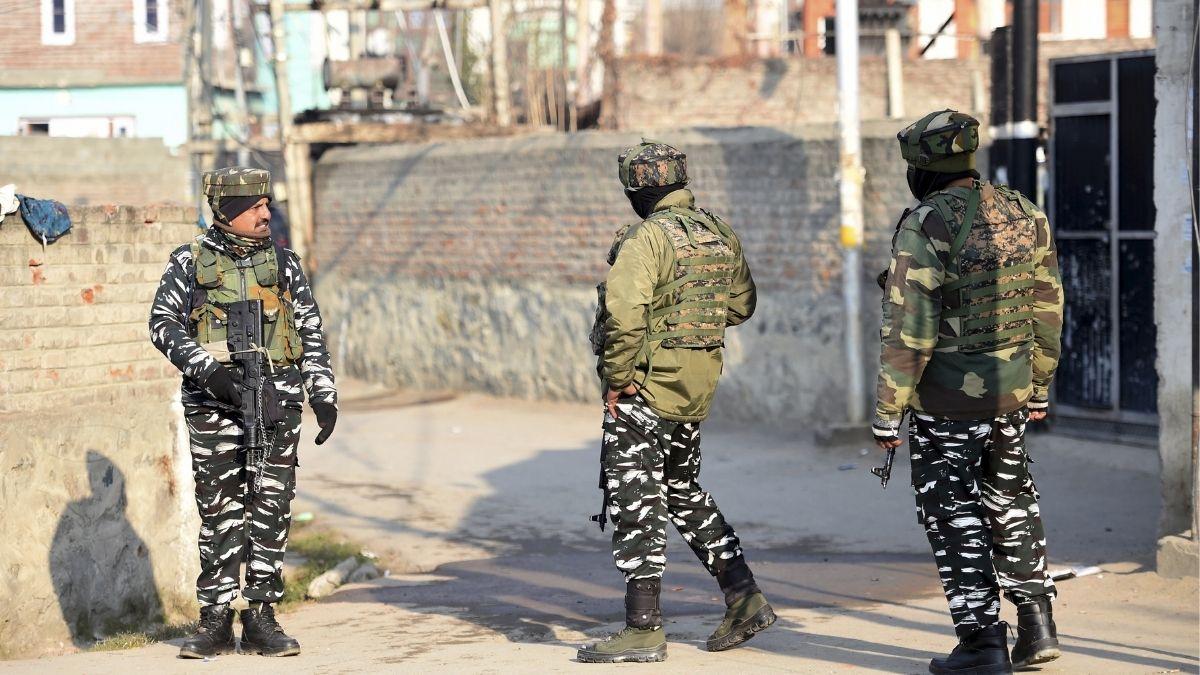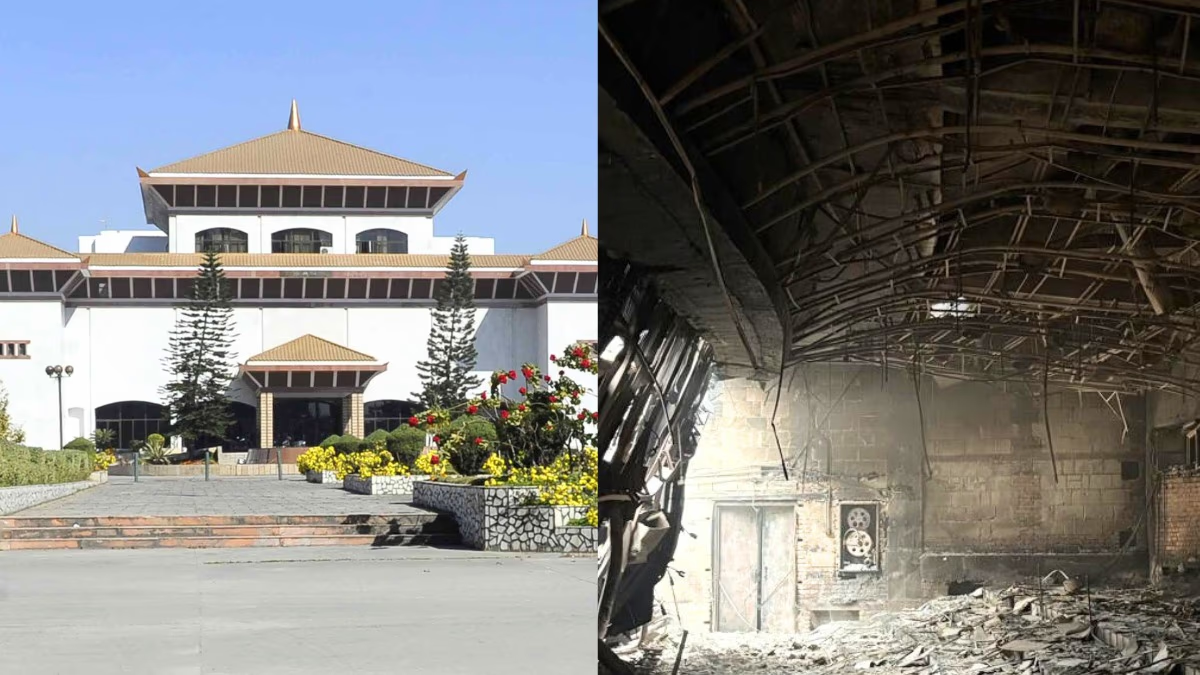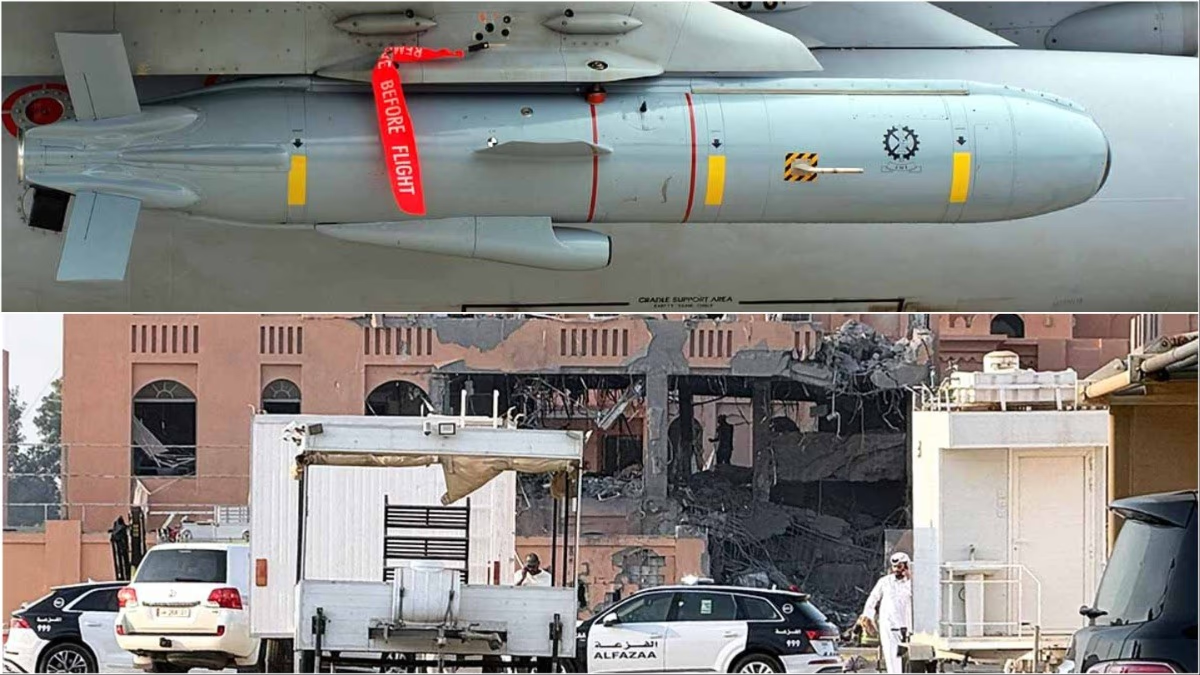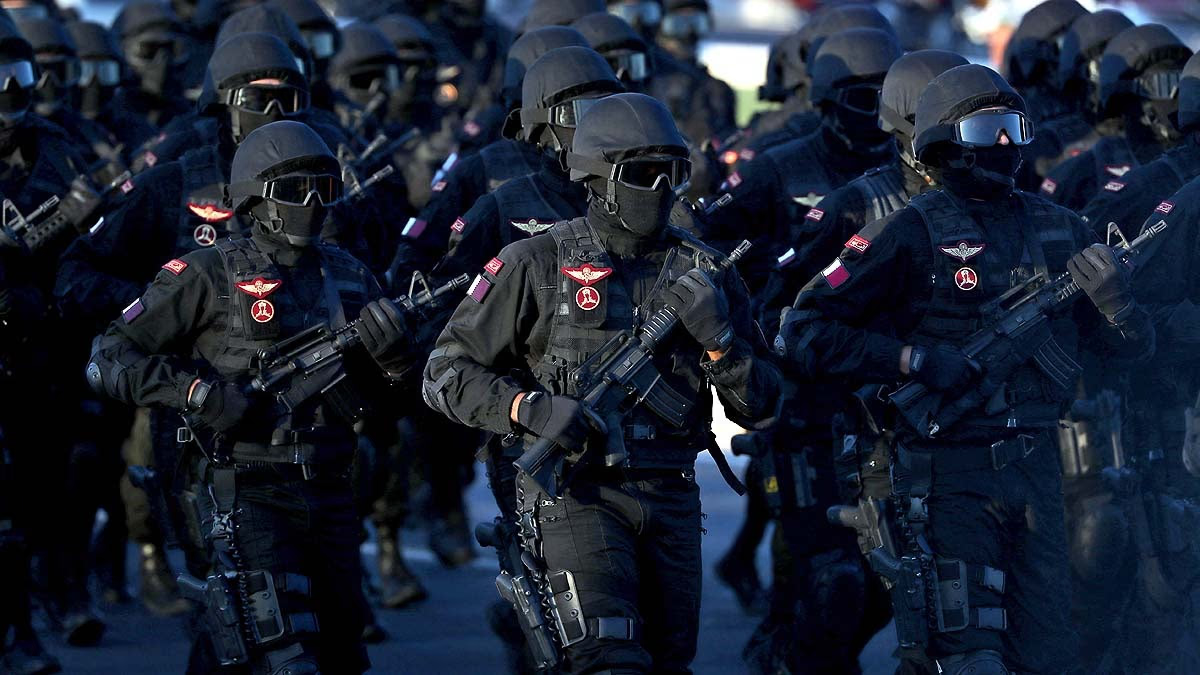The Central Government has made a significant move by reducing the scope of the Armed Forces (Special Powers) Act (AFSPA) in Assam, Nagaland, and Manipur. Home Minister Amit Shah announced the decision via Twitter, indicating the areas defined as 'disturbed' will now be curtailed. This change will come into effect from April 1st, ushering in a new era for these regions.
There has been a longstanding demand to withdraw AFSPA from the Northeast states. In Nagaland, calls for its removal intensified in December last year following the tragic incident where six civilians were killed in army firing. Subsequent violence claimed eight more lives.
Which areas have seen the removal of AFSPA?
1. Assam:
Here, AFSPA had been in force across the entire region since 1990. It is now fully withdrawn from 23 districts, with limited application in just one district.
2. Nagaland:
Since 1995, the entire area was under the law. From Friday onwards, AFSPA will be lifted from 15 police stations across seven districts.
3. Manipur:
Excluding the capital Imphal's seven areas, AFSPA has been applicable throughout since 2004. Now, it's withdrawn from 15 police stations in six districts.
Read this too--
Border Disputes in States: Challenges Persist in Assam-Meghalaya Relations
What is AFSPA?
- AFSPA is implemented in areas classified as 'disturbed'. It grants security forces the power to arrest without a warrant and to use force if necessary.
- To assist the armed forces in the Northeast, this law was enacted on September 11, 1958. The definition of 'disturbed areas' and the application of AFSPA is decided by the Central Government.
What powers does AFSPA confer?
- Security forces can arrest anyone without a warrant and have the authority to use force after giving a warning.
- They are also permitted to search any premises and to use force if necessary during the search.
- If it is suspected that insurgents or rioters are hiding in a building, it can be destroyed. Vehicles can also be stopped and searched.
- A notable point is that legal proceedings cannot be brought against the armed forces without the approval of the Central Government.
Where is AFSPA currently in force?
- AFSPA has been applied in Assam, Manipur, Tripura, Meghalaya, Arunachal Pradesh, Mizoram, Nagaland, Punjab, Chandigarh, and Jammu & Kashmir. Over time, it has been removed from several areas.
- Presently, it remains active in Jammu & Kashmir, Nagaland, Manipur (except for Imphal's seven areas), Assam, and parts of Arunachal Pradesh. It's been repealed in Tripura, Mizoram, and Meghalaya.
What impact will the removal of AFSPA have?
- The areas from which AFSPA is withdrawn will no longer be classified as 'disturbed', enabling a return to normalcy and peace.
- Limitations will now be placed on the power of the security forces. The current authority to arrest without a warrant and to use lethal force on suspicion will cease following the withdrawal.
Why was the law removed from these regions?
- The repeal of AFSPA is attributed to the significant decrease in insurgent activities. According to the Central Government, there's been a 74% reduction in such events compared to 2014, with over 7,000 insurgents surrendering in recent years.
Assam-Meghalaya Border Dispute: Unraveling the decades-long border tussle, some progress still to be made
Explainer: How will the inclusion of Chandigarh employees into central pool affect the city, and why the opposition claims it undermines Punjab's capital?




